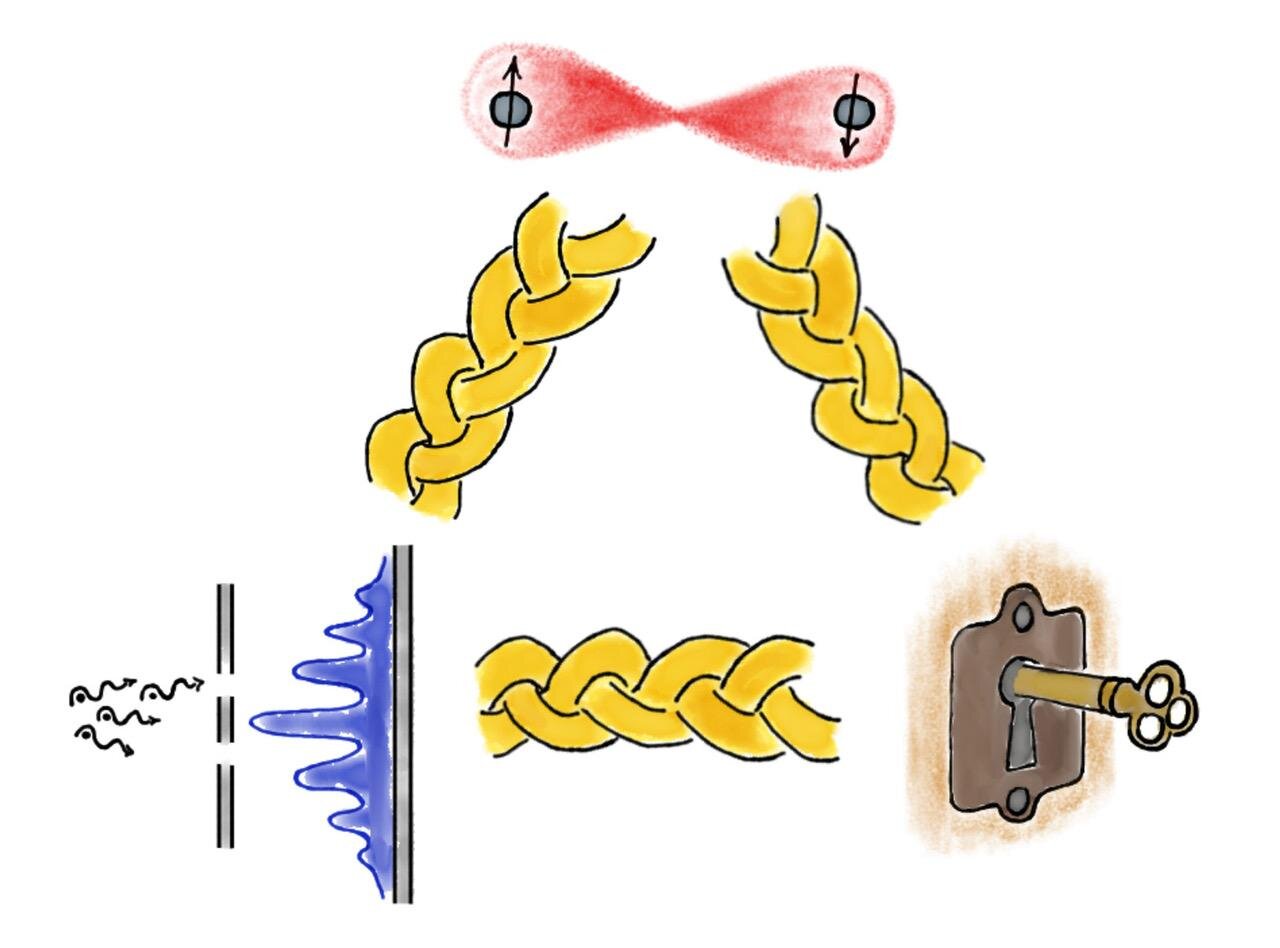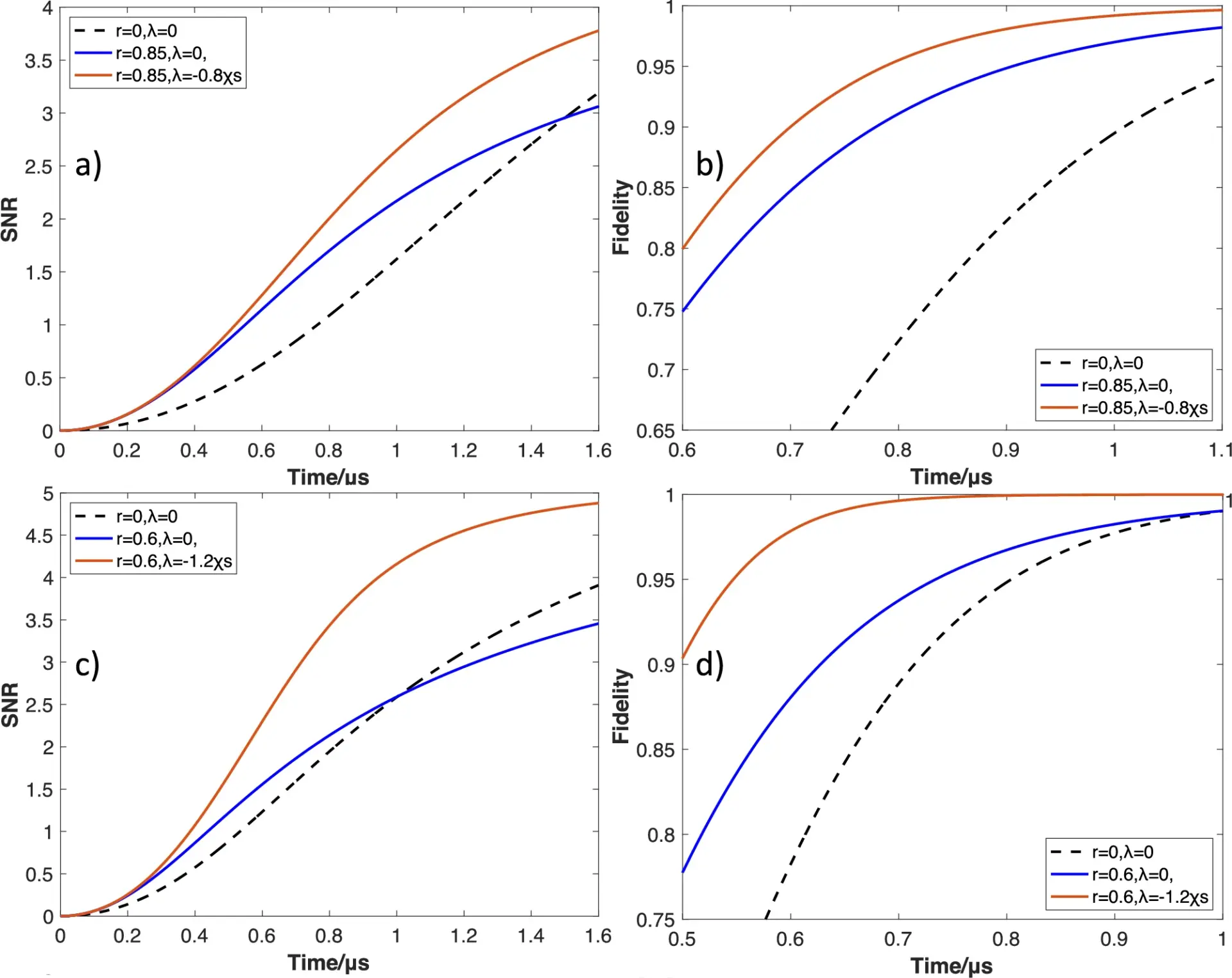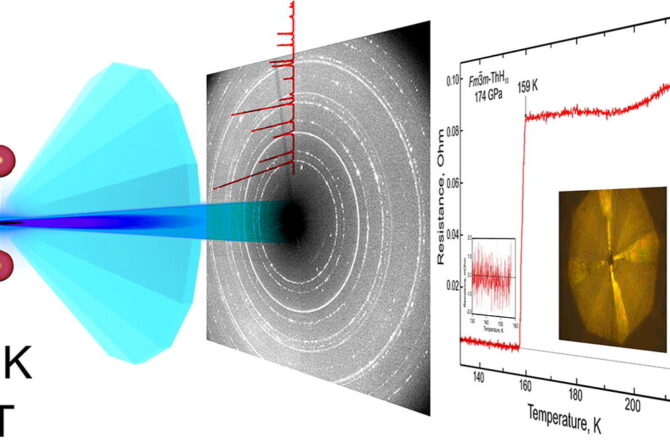A team of physicists and mathematicians has discovered a new connection between superposition and entanglement that does not assume that quantum theory is correct.
While quantum theory has proven to be supremely successful since its development a century ago, physicists have struggled to unify it with gravity to create one overarching “theory of everything.” This suggests that quantum theory may not be the final word on describing reality, inspiring physicists to hunt for a more fundamental framework. But any such ultimate theory must still incorporate superposition, entanglement, and the probabilistic nature of reality, since these features have been confirmed time and again in lab tests. The interpretation of these experiments does not depend on quantum theory being correct.
There are practical implications too. Quantum entanglement plays a key role in the design of quantum computers–machines that could outperform standard computers at certain tasks–and in quantum cryptographic protocols, which are already in use and exploit quantum rules to provide ultra-secure communication across channels that, in theory, are immune to hacking. But if quantum theory eventually needs to be replaced by another, more fundamental theory in the future, will we discover that these rules were not really valid or these cryptographic protocols are not secure as promised?
The problem is that to find out you need to analyze superposition and entanglement in terms of some general–and as yet unknown–theory, without using the mathematics of quantum theory.
The team has shown that two physical theories exhibit entanglement when combined, if and only if they both exhibit local superpositions. This means that entanglement and superposition are equivalent in any physical theory, not just in quantum theory. They also calculated that in systems where this equivalence holds–whether quantum or beyond-quantum–the laws of the theory can be exploited for ultra-secure encryption. In particular, the team showed that a certain popular quantum cryptographic protocol, known as “BB84,” will always work–even if one day it is found that quantum theory is not fully correct, and needs to be replaced with a more fundamental theory. (Phys.org)
The work has been published in Physical Review Letters.




